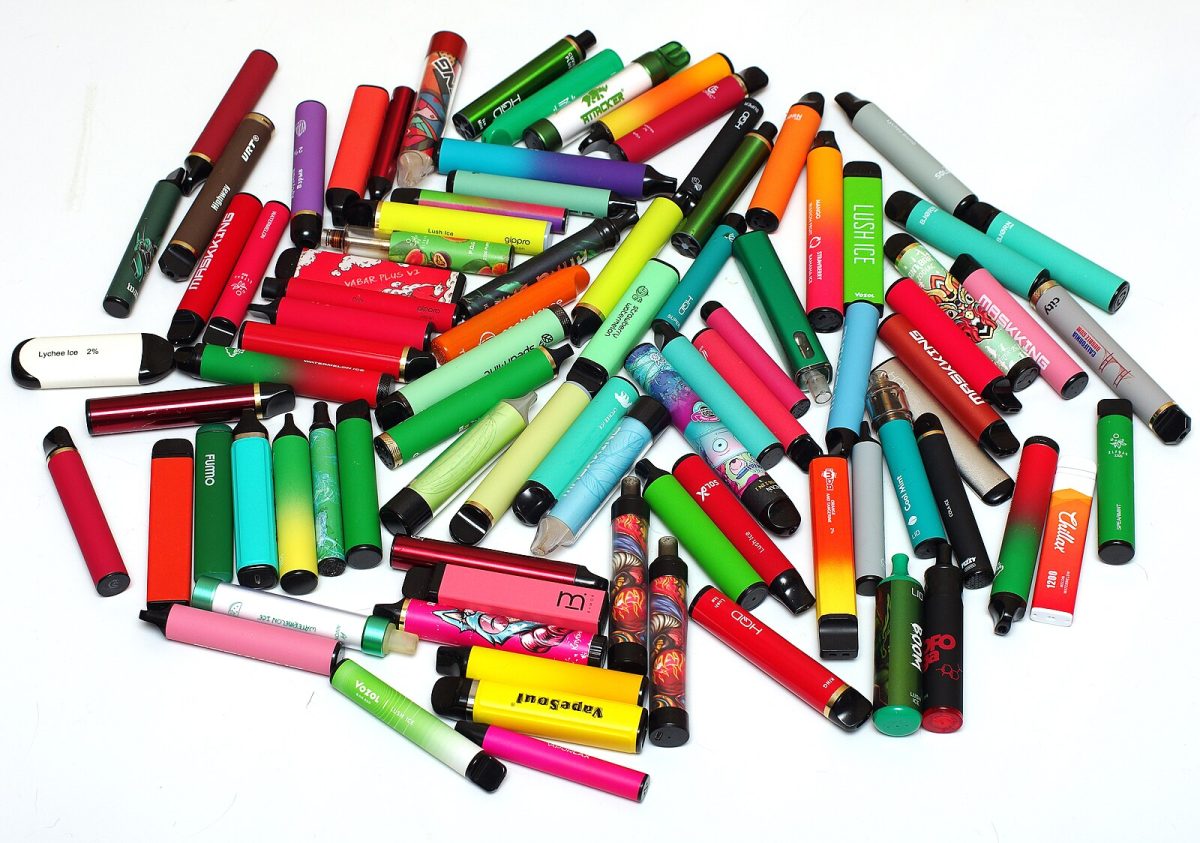Imagine you’re flying Delta from Atlanta to New York. You get on the plane, put one carry-on bag in the overhead compartment and put your other one under the seat in front of you. Across the aisle, you see a man placing a plain black backpack between his feet. He glances up at you and smiles politely, you do the same, and then you prepare for the two-hour flight ahead of you. You don’t think twice about the man across the aisle, and you certainly aren’t scared that the backpack might be full of firearms and ammunition.
According to a variety of news reports, between May 1, 2014 and Dec. 10, 2014, at least 153 guns (and ammunition) were smuggled on Delta flights from Hartsfield Jackson Atlanta International Airport to New York City airports. The guns ranged from handguns to assault rifles. The two men allegedly responsible for this, Eugene Harvey and Mark Quentin Henry, were part of a gun smuggling ring in New York, a state where the gun laws are pretty restrictive. They were discovered when one of their co-conspirators sold firearms to an undercover New York City police officer.
This is where the story turns bizarre. How can someone smuggle dangerous firearms through some of the busiest airports in the world? According to the published reports, Harvey and Henry had a plan that allowed them to use the loopholes in airport security. Harvey, a Delta baggage handler at the time, was able to use his security clearance to go through the Delta employee parking lot at Hartsfield and enter the secure area of the airport with the firearms. According to the arrest warrant affidavit, employees entering the secure area of the airport aren’t screened by the TSA. At the same time, Henry, a former Delta employee, would travel as a passenger and clear airport security with a backpack, duffel or other carry-on bag. He would then meet Harvey in a men’s restroom, where Henry would obtain the guns from Harvey and put them in his bag. Henry would then walk to a different concourse and catch a flight to New York. The law enforcement officials estimate they may have done this as many as 20 times.
Now take a moment to think about what else these men, or any airport employee for that matter, could have smuggled onto passenger flights. If it’s so easy to carry handguns and assault rifles to New York, what’s to stop anyone from smuggling a bomb onto a plane? Or sneaking guns aboard and using them to take the pilots and passengers hostage—and maybe recreate one of the worst terrorist attacks in U.S. history?
Equally astonishing is the fact that Harvey and Henry weren’t caught by TSA security personnel. Instead, according to the New York Times, New York City police officers discovered the coup through an investigation on the increase of illegal guns in New York City. The NYPD had been watching Henry for several months, but they assumed the guns were being driven north because of the strict security on the commercial flights he took from Atlanta to New York. The quick distribution of guns after Henry landed finally led them to conclude that the guns were traveling with him on the flights.
U.S. Sen. Charles Schumer of New York and Brooklyn District Attorney Ken Thompson have been vocal about their reactions to this investigation. In a news conference, Thompson held up an AK-47 that Henry had allegedly smuggled from Atlanta to New York.
“This gun can shoot through a car door,” he said. “It can shoot through an apartment door. It can shoot through a bulletproof vest. In November, Mr. Henry brought this gun on a Delta commercial airliner to New York.”
Separately, in a prepared statement, Schumer said, “When guns, drugs, and even explosives are as easy to carry on board a plane as a neck pillow, then we have to seriously—and immediately—overhaul our airport security practices.” Even U.S. Homeland Security Secretary Jeh Johnson has taken notice of this, when his office announced that he was scheduled to visit the Atlanta airport on Jan. 8.
In response, the TSA released a statement that said it takes “the potential for insider threats at airports very seriously.” The statement also said that it will be working to increase security measures on its employees. Still, how are airport employees not required to be screened daily? They are employed at a place that allows for global transportation. If safety is of the highest concern, people who work in secure areas should definitely be subjected to daily screenings.






